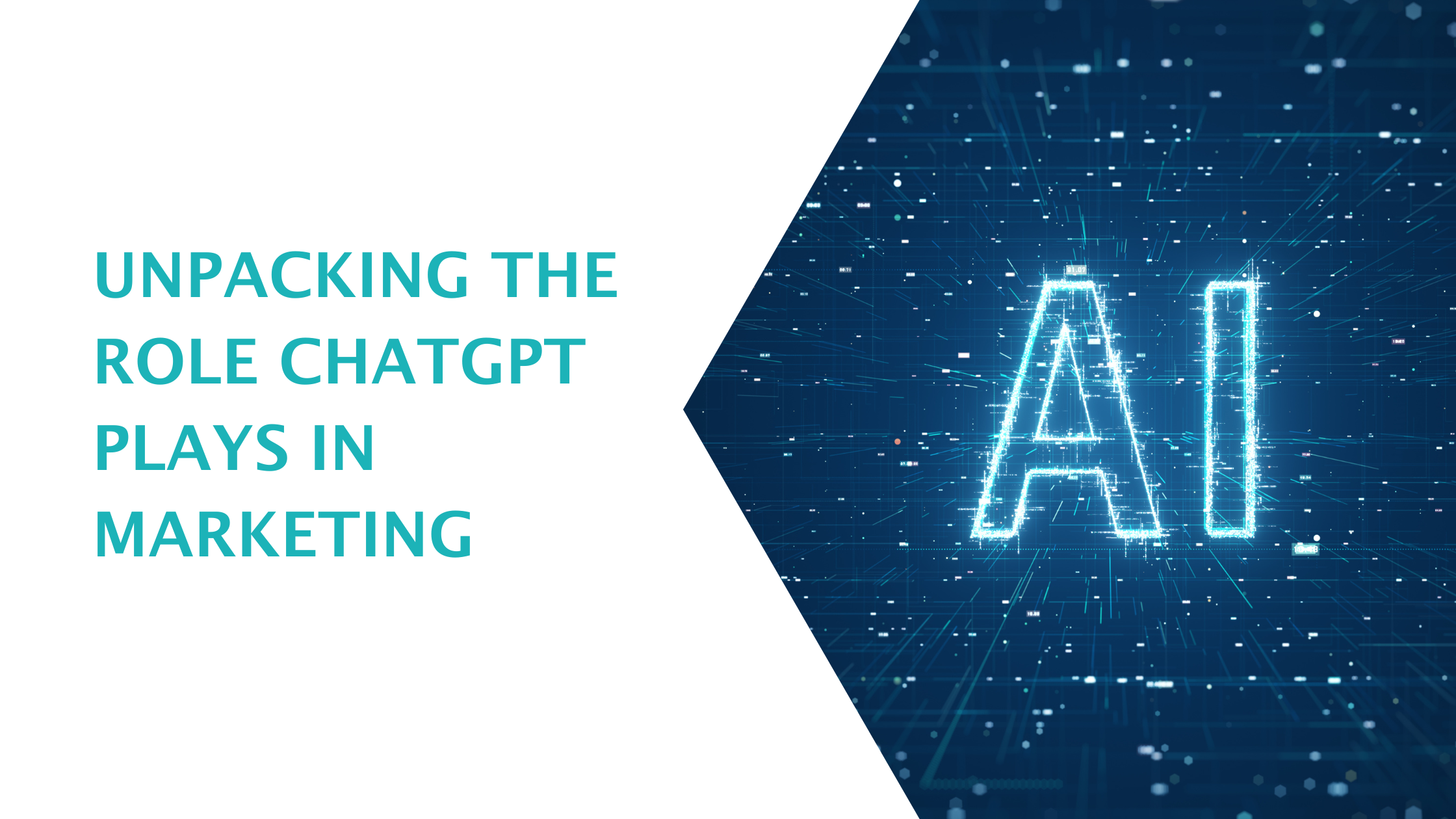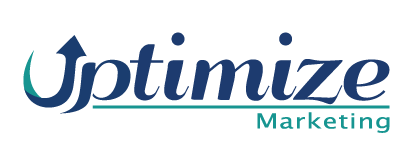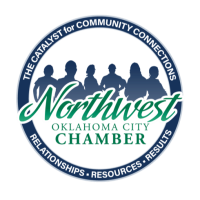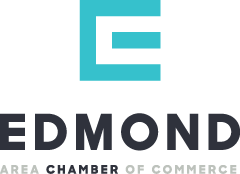
The working world is giving ChatGPT two thumbs up and a happy dance. From those trying to write a love letter to students finishing term papers and marketers making clever product names, it seems that ChatGPT can do it all.
With all of the exceptional things ChatGPT can do, many business owners specifically use the technology to help with their marketing efforts. Is this a good idea or not? This article will explore the benefits and drawbacks of using ChatGPT and why you should proceed with caution if you use it for marketing.
What is ChatGPT?
Developed by OpenAI, ChatGPT stands for chat generative pre-training transformer. ChatGPT is a free artificial intelligence tool that generates written content based on prompts you enter in the chatbot.
ChatGPT was launched on November 30, 2022, and achieved quick adoption.
- One million users began using the app in its first five days.
- It was the first app to sign up over 100 million users in two months, the fastest of any app, including TikTok, which took nine months.
- The app is accessed by over one billion users each month.
ChatGPT is free; however, they offer ChatGPT Plus, which includes access to the following model (GPT-4), which has faster response speed and exclusive access to beta features like browsing functionality, plugins and a code interpreter.
Think back to a technology that you believed changed your life, such as Wi-Fi, smartphones, voice assistants or social networks—many would respond that ChatGPT is one technology that has transformed the way they work and write.
Benefits of ChatGPT for business owners
There are many benefits to using ChatGPT, from writing an email to crafting clever headlines. This powerful tool hints at boosting productivity and enabling professionals to focus on higher-level tasks. Here are some of the most significant benefits for using ChatGPT in your business.
1. Freeing time and streamlining tasks
With ChatGPT, writers can now access tools such as creating form emails and editing for grammar and spelling. This saves precious time for more meaningful tasks.
2. Enhancing memory and inclusion of key points
ChatGPT can be used to generate rewrites, including overlooked essential ideas. Moreover, ChatGPT is based on millions of resources, from articles to research papers, that can trigger users to remember important topics.
3. Overcoming creative blocks
ChatGPT can serve as an ignition point for inspiration. For example, some writers find writing an article easy, but the headline causes their brains to shut down. ChatGPT can offer headline suggestions to get writers off the blocks and running again.
4. Adapting writing for different audiences
If you are writing a formal email, ChatGPT can suggest more appropriate language if your first draft has a casual style. This can also help writers get out of the rut of using the same words repeatedly, making their content more appealing and engaging.
Drawbacks of ChatGPT
While ChatGPT has ushered in a wave of excitement and possibilities, it’s important to understand the sobering drawbacks of this tool. The allure of ChatGPT’s capabilities can overshadow some of its shortcomings. Below are five significant challenges that users may encounter when using ChatGPT.
1. Awkward and hyped-up sales pitches
As exciting as using ChatGPT can be, marketers may feel deflated after prompting ChatGPT to write a headline, blog post or other marketing materials. Often, the results will be overly splashy, awkward and not quite right for your business. Because of this, the writing ChatGPT generates shouldn’t be a writer’s final version; it requires a human touch and local knowledge of the business and target audience to make sure the writing is appealing and engaging, and you don’t end up sounding like a robot.
2. Incorrect information
Although ChatGPT used millions of resources to build its knowledge base, it doesn’t search the internet for information; only the training data is used to generate responses based on patterns. Therefore, ChatGPT cannot be relied on for accurate information, especially when specialized information or citing sources are required.
ChatGPT comes with warnings on its home prompt page, including:
- “May occasionally generate incorrect information.”
- “Limited knowledge of words and events after 2021.
3. Relying too heavily on the technology
Experiencing the mind-blowing moment when ChatGPT rescues you from a dead-end is truly remarkable. This initial encounter with ChatGPT’s ability may lead users to rely on ChatGPT exclusively for all their content needs. However, it’s crucial to remember that depending on ChatGPT solely can lead you astray from authentic decision-making and decrease your creativity and strategic thinking in the long run.
Additionally, since ChatGPT mimics human conversation, it’s tempting to get distracted by the technology instead of spending time on other tasks.
Finally, it’s worth noting that ChatGPT has limits. When too many people use the server at one time, it can reach its capacity and temporarily bar access to additional users. So, if you rely too heavily on the technology, brace yourself for potential disappointment when you find yourself locked out during a crucial moment.
4. A hotspot for legal and ethical issues
As Artificial Intelligence (AI), like ChatGPT, takes the world by storm, OpenAI will be on the defense from critics and lawmakers as they shape the future of AI usage policy, plagiarism, copyright laws and ethical issues. Here is some recent news against OpenAI, the makers of ChatGPT:
- In July, the FTC opened an investigation regarding OpenAI’s use of personal data and the creation of “false, misleading, disparaging or harmful” statements about people.
- The United States Copyright Office notified AI users in March 2023 that copyright protection will not be granted for works created by AI tools, such as ChatGPT.
- In June, U.S. District Judge P. Kevin Castel in Manhattan fined two lawyers for acting in bad faith when they used ChatGPT to generate six fictitious case citations.
Because guidelines on using generative AI tools like ChatGPT have not been formalized, it’s wise to proceed with caution when using the technology to avoid legal issues such as plagiarism. It’s also good practice to disclose you used ChatGPT, even if you change a few words here and there to make it your own (also known as “patchwriting”). Simply putting the statement, “ChatGPT was used in creating this piece,” is a good start.
When understanding the legal issues of using ChatGPT, there is no better area to examine than the legal industry. Lawyers constantly use writing, from emails, letters, briefs and complaints. Templates and automated document flows are examples of technology that the legal field has used to help speed their processes. But because a human is not involved in the writing, using ChatGPT can become an ethical issue for lawyers who rely on a service that is not authorized to practice law.
5. Offending others
It isn’t just technology that constantly evolves; language changes too. For example, we no longer use the word “Thou” in our everyday language. It is hard for humans to understand all the words people might misinterpret, and ChatGPT hasn’t kept up with these language changes either. This is where a human editor is invaluable.
Additionally, writing for inclusivity is a hot topic among writers and editors, but ChatGPT hasn’t entirely caught up with the conversation. Please be aware that ChatGPT may give you results that might offend a potential customer or client. ChatGPT highlights the following disclaimer on the prompt page, “May occasionally produce harmful instructions or biased content.”
Although word choice may not seem as important as the point you are trying to make, offending clients with language choices or inadvertent word mistakes can leave costly impressions on your business.
ChatGPT: A powerful resource, but proceed with caution
Chat GPT has undeniably revolutionized how people work and write and has helped free up time on some of the tedious daily tasks business owner’s tackle. From crafting clever headlines and emails to writing marketing materials such as blog posts, ChatGPT offers a range of benefits for business owners.
However, as with any technology, there are important considerations to remember. The drawbacks of Chat GPT, including generating awkward sales pitches, the potential for incorrect information, overreliance on technology, legal and ethical concerns and the risk of offending others, underscore the need for caution when incorporating this tool into marketing strategies.
While ChatGPT can be a valuable asset, it should be used judiciously, with a human touch and critical thinking to ensure the benefits are effectively used and potential pitfalls are minimized.
Uptimize Marketing is the human answer to helping you overcome your creative blocks and freeing up your time with marketing so that you can devote more time to your business. Our writers, editors, project managers and marketing experts can help you effortlessly develop full marketing plans and strategies to up your business profile and exposure. To learn more about how Uptimize can help your business, book a free consultation.
We look forward to learning more about your business and how we can help.










